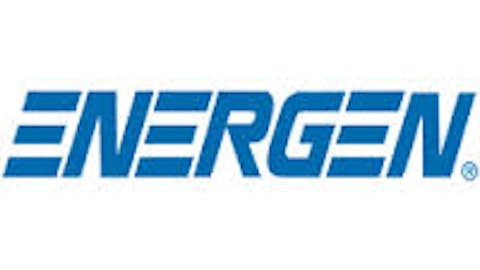Confidence is running high in the stock market right now. Indexes are near record levels, and cash is flooding back into the market.
Investors aren’t the only ones boosting stock purchases these days, though. Big dividend-paying companies are boosting their buyback programs too, and returning cash to shareholders through more than just quarterly payouts.
It’s true that share buybacks risk destroying value — if they happen at overly inflated prices. But there is plenty for investors to like about this capital allocation strategy. For one thing, buybacks signal strong management confidence in the business. And steady share repurchasing often reduces volatility in the stock, lowering an investor’s downside risks. And with aggressive buybacks — the kind that drive down the outstanding share count — investors can see their share of company profits rise dramatically.

Philip Morris International Inc. (NYSE:PM) Philip Morris is shrinking fast. Since its spinoff from Altria Group, Inc. (NYSE:MO) in 2008, the company has spent close to $30 billion on share buybacks. That’s enough to account for 23.2% of the tobacco company’s outstanding shares at the time of the spinoff.
And the purchasing pace is still ramping up. Last year the company jumped from a $4-billion-per-year buyback schedule to a $6-billion-per-year plan. It now expects to spend $18 billion on its own shares by August 2015.
To see the power of that declining share count, just compare the per-share and total earnings that Philip Morris books in a given year. Last year, for example, net earnings rose by just 1.8% on a 1.3% increase in cigarette shipment volume. And yet because the share count was 69 million lower, per-share earnings rose by 6.6%.
Still, Philip Morris’ commitment to reducing outstanding shares hasn’t gotten in the way of dividend payments. The company boosted its payout by 10% last year, to $0.85. And since the 2008 spinoff, the company has hiked its dividend five times, making it 84.8% higher over just five years. Shares currently yield a cool 3.8%.
United Parcel Service, Inc. (NYSE:UPS) This parcel delivery giant has found itself surprisingly flush with cash, and it is ready to give a good bit of that money back to shareholders. Just after its $7 billion deal to buy TNT Express fell through, UPS announced a major acceleration of its stock repurchase plans. Last year, after rising e-commerce spending boosted the demand for residential deliveries, UPS spent about $1.6 billion of its ample cash flow to repurchase shares. That investment helped knock down the outstanding share count by 2%.
But UPS plans to spend more than twice as much in 2013. It expects to use $4.0 billion to repurchase shares this year. Still, even with that spending, UPS’ commitment to dividends remains strong. The company paid $2.1 billion directly to shareholders last year, up about 10% from the prior year. And shares currently yield a market-beating 3%.
GameStop Corp. (NYSE:GME) Finally, it isn’t just GameStop’s sales that are shrinking. The struggling video game retailer has seen its outstanding share count fall by 25% in less than three years, from 165 million in 2010 to 123 million at the end of last quarter.
As the physical gaming market keeps contracting, GameStop’s comparable-store sales are set to hit their eighth consecutive quarter of negative growth. But the business still produces tons of cash, and GameStop has directed plenty of that money toward shareholders. The company initiated a dividend last year, while spending big on reducing the share count. That commitment helped adjusted earnings per share rise by 7% for the fiscal year ended last year, even though net income actually fell by 2%.




